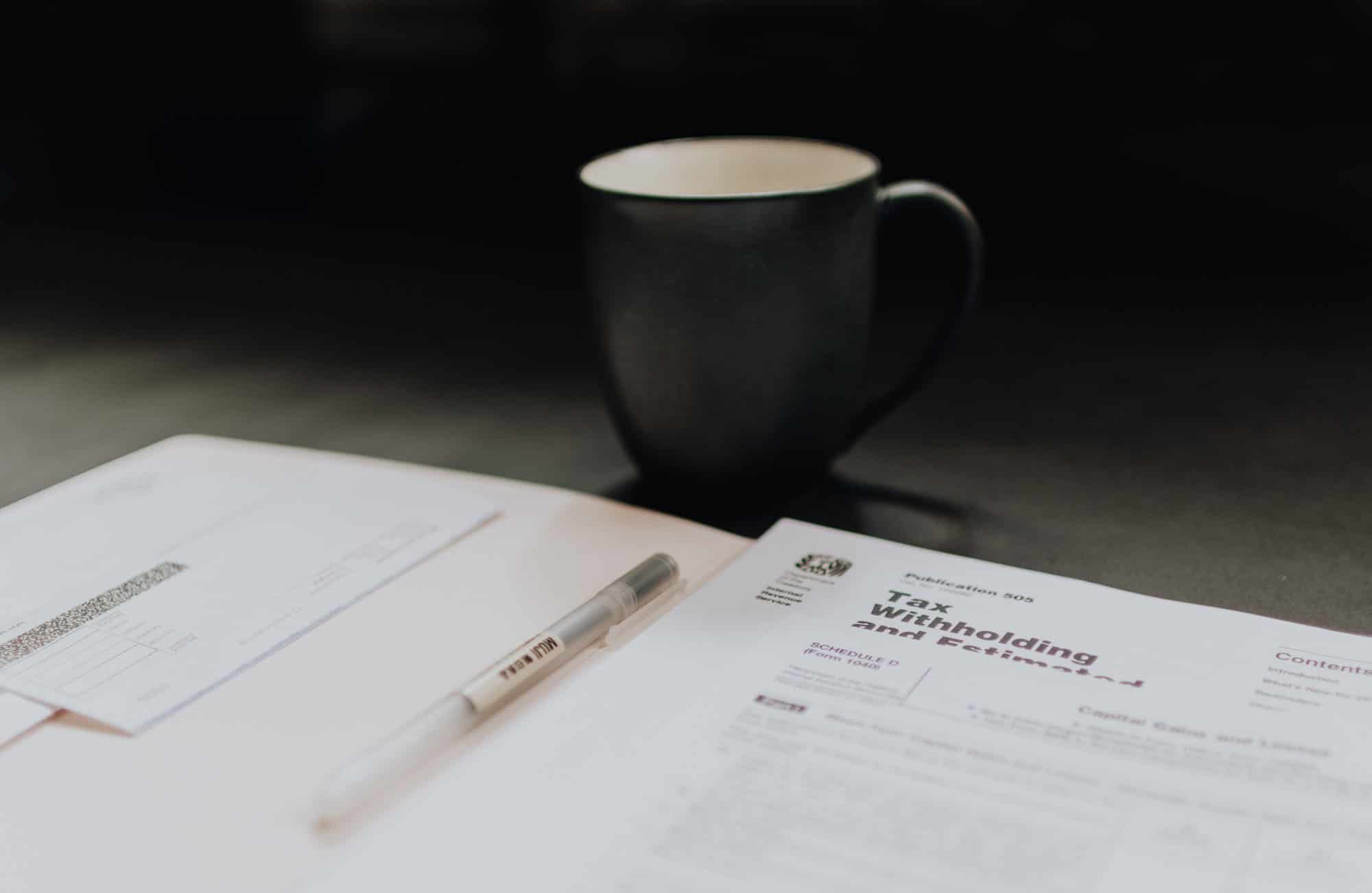
How To Publish Your Own Music
Are you a rap composer looking to get into the limelight like Eminem or Dr. Dre? Before you start busting those raps and distributing them online, you need a few things first. For one, you need a publishing company to help with copyrights.
In 2018, the music industry reached $9.8 billion with a 13% growth from 2017. Music is coming out more often and more artists get opportunities to show what they can do. If you noticed, many artists and composers publish their own music.
There’re a few good reasons for that, of course. Below, we have a guide on how to publish your own music. Read on if you want to know why you should publish music and how.
1. Why You Should Publish Your Own Music
When you create music that you know is unique and good, it’s important you get to share it with the world. The sad thing is, it’s not as simple as creating the song then singing it. Of course, there’s more to it than that.
First of all, if you want to make money with your songs, you need a music publisher or a publishing company. This ensures you get paid whenever your compositions get commercial uses. Often, the composer gives the copyright of their work to a publishing company.
The copyright administered and owned by a publishing company is an important form of intellectual property.
One thing that will benefit you is to create your own publishing company. If you’ve noticed, many major artists self-publish.
One of the main reasons includes tax. When your songs earn enough, it’s better to allow the publisher’s share of revenue to flow through a company. This allows for taxes at a much lower corporate rate.
Liability is another major reason for self-publishing. When artists get sued for plagiarism, the party suing them can only go after the corporation’s assets. Personal assets like your house and your car stay out of the picture.
2. How to Publish Your Own Music – Legal Side
Now you have the knowledge on why you should go for DIY publishing. The next thing to do is to form your own publishing company. This will take time, a lot of patience, and some paperwork but it will be worth it.
The first thing you need to do is to create a business or officially file a Fictitious Name Statement. Go to the website of the Secretary of State for your home state. Look for the requirements for creating a name for your company.
You can either start up a corporation or a limited liability company (LLC). If you prefer not to incorporate, you can choose to file a Fictitious Name Statement or Doing Business As Statement instead. The DBA Statement now makes this legal and it lets the government know you’re conducting business as a professional music publisher.
As a note, other interested parties will also know that you are a music publisher using a name not your own. You do need the name statement to open a bank account or via check for your company. As a tip, choose a unique name so your royalties get assigned to you later.
3. Protect Your Work
The music industry for 2019 seems healthier and better. The volume of music streaming had an increase of 49% in 2019. That makes for over 611 billion audio streams online.
Before you go about sharing your songs online as well, you need to protect it first. How do you do that? You need to look for a performing rights organization first.
This PRO can be BMI, ASCAP, or SESAC. Establish a membership in one of them. Don’t forget to take memberships as a composer and as a publisher.
Each one will suit different artists so look for one that’s perfect for your needs. As a publisher, you can register with more than one PRO. When you register an album or song, you only need one PRO.
These PROs collect performance royalties for their songwriters and composers. Often, they collect whenever work under their company gets performed. They collect whether the performance is live or otherwise.
Another way to protect your work is to go to the Library of Congress. Register it for copyright in the Library of Congress. This one is an optional choice.
4. Promote Your Music
To get attention to your creations, you need good promotion. If you haven’t already, get on social media. It’s a very effective and good platform for spreading awareness of your music.
Another way to promote your work is to join SoundCloud or BandCamp. These are online communities with embedded players. They enable composers to share and sell their work.
You can also choose to join a composer organization like Vox Novus, the National Association of Composers, or other similar groups. These organizations will help with the promotion of your compositions. Members from these organizations can also give you tips for promoting your rap music.
If your budget allows it, it would be smart to hire a publicist. A good publicist is a great investment and will help you out in the long run. The likes of Sarah Baird Knight can get your name and work into the pipeline to build a fanbase.
Start Printing, Selling or Renting Your Work
After you build your own fanbase, it’s smart to start distributing your creations. Online, there are tons of sites that allow you to sell your music while retaining all your rights. Some will charge a flat fee to allow your participation.
Consumers can listen to samples, download MP3 files, and look for scores. Sharing your work will increase awareness of your music. People who like your work can comment and share their thoughts on it, giving inspiration to you.
Start Self-Publishing Your Music
That’s it for our guide on how to publish your own music.
How did you find this guide on how to publish a song? You’re welcome to check out our blog page for more content like this.
You can also give our page a visit for quality instrumental licensing. We provide royalty-free instrumentals and beats for artists. If you have any questions, jump over to our contact page and ask us anytime.
Browse Beats & Instrumentals
Browse our extensive and exclusive catalog of over 200 custom made beats and instrumentals, available for free download or purchase.


No Comments